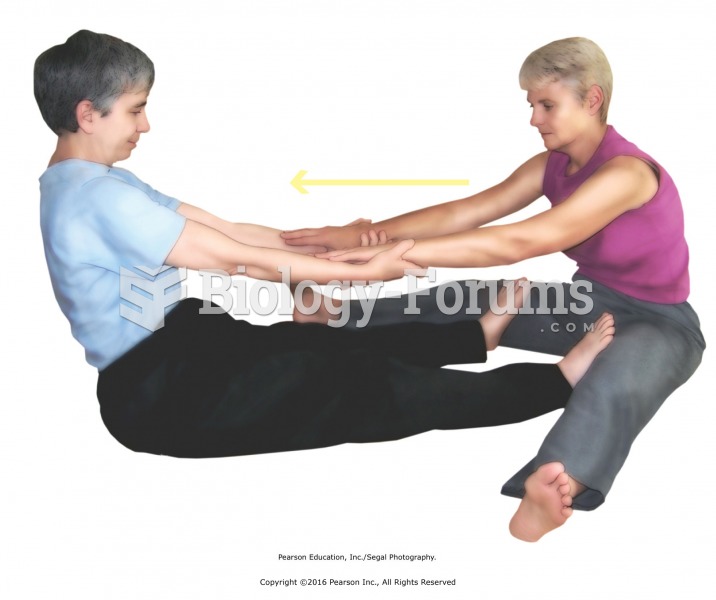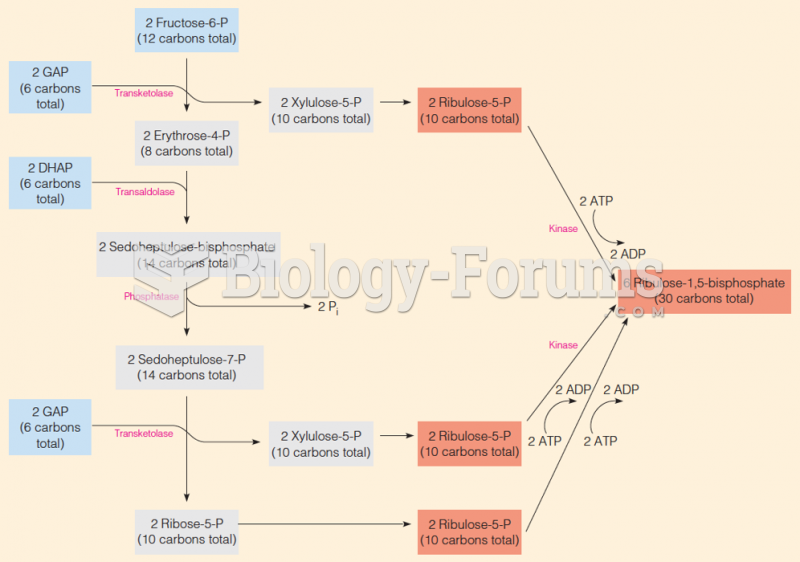This topic contains a solution. Click here to go to the answer
|
|
|
Did you know?
Although puberty usually occurs in the early teenage years, the world's youngest parents were two Chinese children who had their first baby when they were 8 and 9 years of age.
Did you know?
It is difficult to obtain enough calcium without consuming milk or other dairy foods.
Did you know?
Human kidneys will clean about 1 million gallons of blood in an average lifetime.
Did you know?
According to the FDA, adverse drug events harmed or killed approximately 1,200,000 people in the United States in the year 2015.








